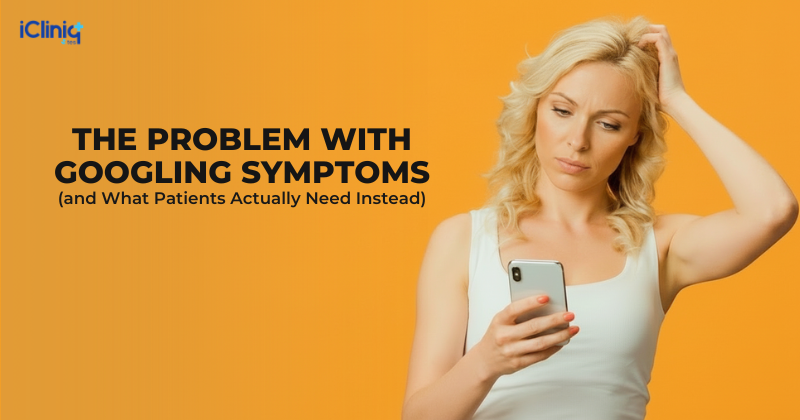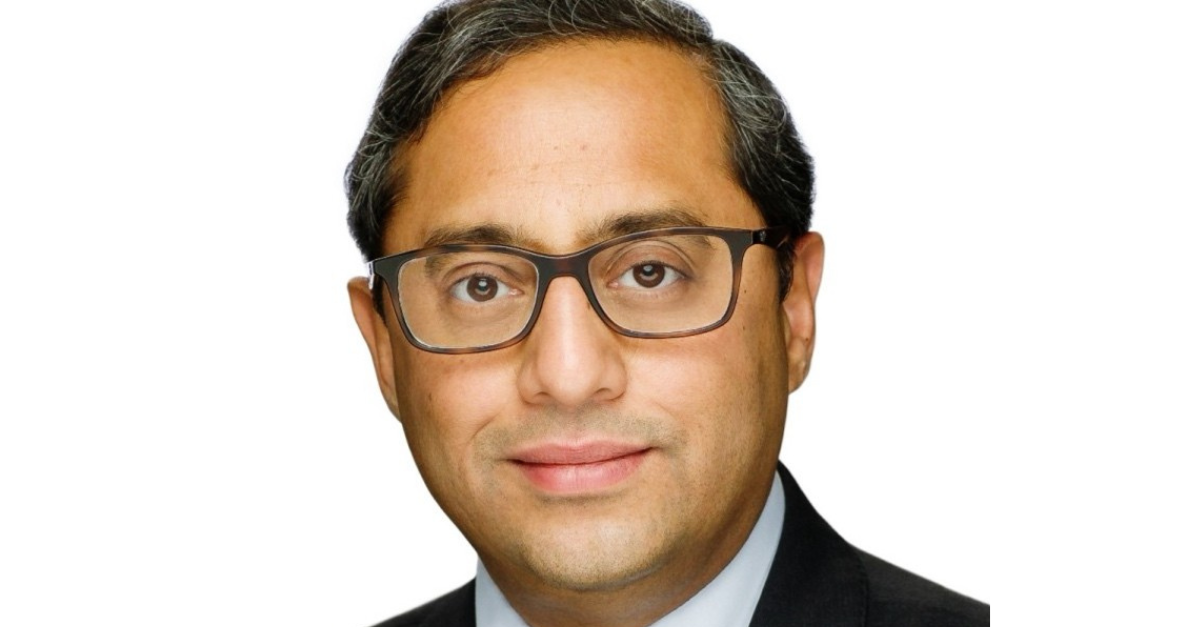Verily is deepening its partnerships with health systems and academic medical institutions to power biomedical research.
UCHealth and the University of Colorado Anschutz inked a strategic collaboration with Google’s life sciences sister company to build artificial intelligence models for clinical research with an initial focus on oncology, cardiovascular, neuroscience and transplant medicine.
“This collaboration will transform how we manage information and use AI to deliver personalized care to our patients using a modern health technology infrastructure,” Steve Hess, chief information officer at UCHealth, said in a statement. “The ability to organize, enrich, and analyze complex data at scale will empower our researchers and clinicians to make novel discoveries faster than ever before.”
In the past two years, the Alphabet company has sharpened its focus on digital precision medicine and clinical research platforms, as Fierce Medtech’s Conor Hale reported. In 2023, it launched the Workbench program, a platform for collating and analyzing biomedical data gathered from multiple sources aimed at researchers, biopharma developers and other organizations.
The collaboration combines UCHealth’s clinical data from 14 hospitals with CU Anschutz’s research expertise and Verily’s platform capabilities, including Workbench. CU Anschutz and UCHealth will aggregate biomedical data on the Verily platform, creating AI-ready, research-grade biomedical data pipelines and developing novel AI/machine learning models across key therapeutic areas, including musculoskeletal and ophthalmology along with cancer and cardiovascular diseases, the organizations said.
Verily’s Workbench program—which operates as part of its larger Viewpoint offering of evidence generation solutions—was built out of its experiences providing data services to large research projects such as the National Institutes of Health’s All of Us project, the Accelerating Medicines Partnership for Parkinson’s disease and its own in-house Project Baseline.
Verily’s platform and solutions are designed to “transform complex, unstructured healthcare data into organized, actionable insights, enabling our customers and collaborators to accelerate scientific discovery and improve care for patients and their communities,” Stephen Gillett, CEO at Verily, said in a press release.
Verily, which moved its HQ from San Francisco to Dallas last year, has built tech infrastructure to integrate, manage, and analyze vast and complex health data using AI and other tech tools. Tapping into Verily’s tech infrastructure and clinical informatics expertise, CU Anschutz researchers will now be able to analyze complex biomedical data within secure governance frameworks, executives said.
The collaboration will also explore ways to identify drug targets and develop clinical trials through RefinedScience, a joint venture between UCHealth and the university. RefinedScience is a high-tech biosciences company that analyzes specialized data to inform drug development and discovery.
As part of an initial tie-up, teams at RefinedScience and Verily already applied clinically informed AI models for acute myeloid leukemia that achieve 95% accuracy and extract data 30x faster than manual methods.
The broader collaboration will build on these results, expanding into additional data modalities and therapeutic areas, and continuing progress in high-acuity diseases with unmet need, the organizations said.
The collaboration, along with Verily’s work with other institutions like Vanderbilt University Medical Center, NashBio and the University of Oxford, strengthens the company’s role in the research ecosystem, according to Erich Huang, M.D., Ph.D., associate chief clinical officer, informatics and technology at Verily.
“This is a validation of an approach that we are taking now in terms of thinking about how we bring a platform to healthcare. And, what do we mean by that? Because that can be a very generic term,” Huang said in an interview. “For me, with a lot of experience in healthcare prior to Verily, and certainly in Verily, I think one of the issues we face in healthcare is something that, frankly, was faced even in the legislative rollout of 21st Century Cures Act, which is that healthcare organizations have a hard time communicating with one another. They’re having difficulty in terms of being specific with the data and being able to interoperate that specificity with one another.”
“Healthcare has been doing little bites at that problem,” Huang added. “But how do you address that problem comprehensively? We feel like we’re building the platform that helps us address that.”
The ability to harmonize and curate comprehensive data sets relies, on large part, on foundational data standards like Fast Healthcare Interoperability Resources (FHIR).
“We provide battle tested, scalable implementations of FHIR that will work better in the healthcare ecosystem, because no one’s really mature at this level. We think working with Colorado gives us the ability to really mature quickly in this space and put out robust implementations of FHIR that the rest of the healthcare world can adopt and follow as well,” he said.
“If you think of FHIR, which is the standard that 21st Century Cures Act embraced, and which healthcare is gradually getting to, is if that’s the lingua franca of healthcare, well then healthcare needs to start getting pretty damn fluent at it, and we’re not as an industry,” Huang said. “The bits of the rulemaking that have mandated use of FHIR are only the beginning. For us to be able to communicate the full length and breadth of healthcare, whether that’s patient care or rev cycle, it’s all important, but we’re only just started, and there’s a new category of technologies in order to get us to a much more fluent stage with interoperability.”
Verily’s latest collaboration enables it to work with a large academic healthcare provider and a large health system to prove out that concept, he noted.
“You use the daily experiences that a health system like UC Health experiences that also has an academic component through their School of Medicine at the Anschutz campus and you can actually start articulating that language more effectively. We’re going to help make data much more interoperable adopting FHIR,” Huang said.
UCHealth, CU Anschutz and RefinedScience also plan to use Verily’s product portfolio with a focus on supporting systemwide technology strategies, codeveloping next generation capabilities and diversifying revenue streams, the organizations said.
“This effort will be instrumental in delivering on our commitment to innovation and will establish what we believe is the new collaboration model for other health systems going forward.” said Kimberly Muller, vice chancellor for innovation and biotechnology and executive director of CU Innovations at the Anschutz Medical Campus, in a statement. “Given the changes in the business of health care, this will be critical in ensuring we can advance and fund the innovation we need to accelerate life changing discoveries and amplify patient impact.”
Publisher: Source link










